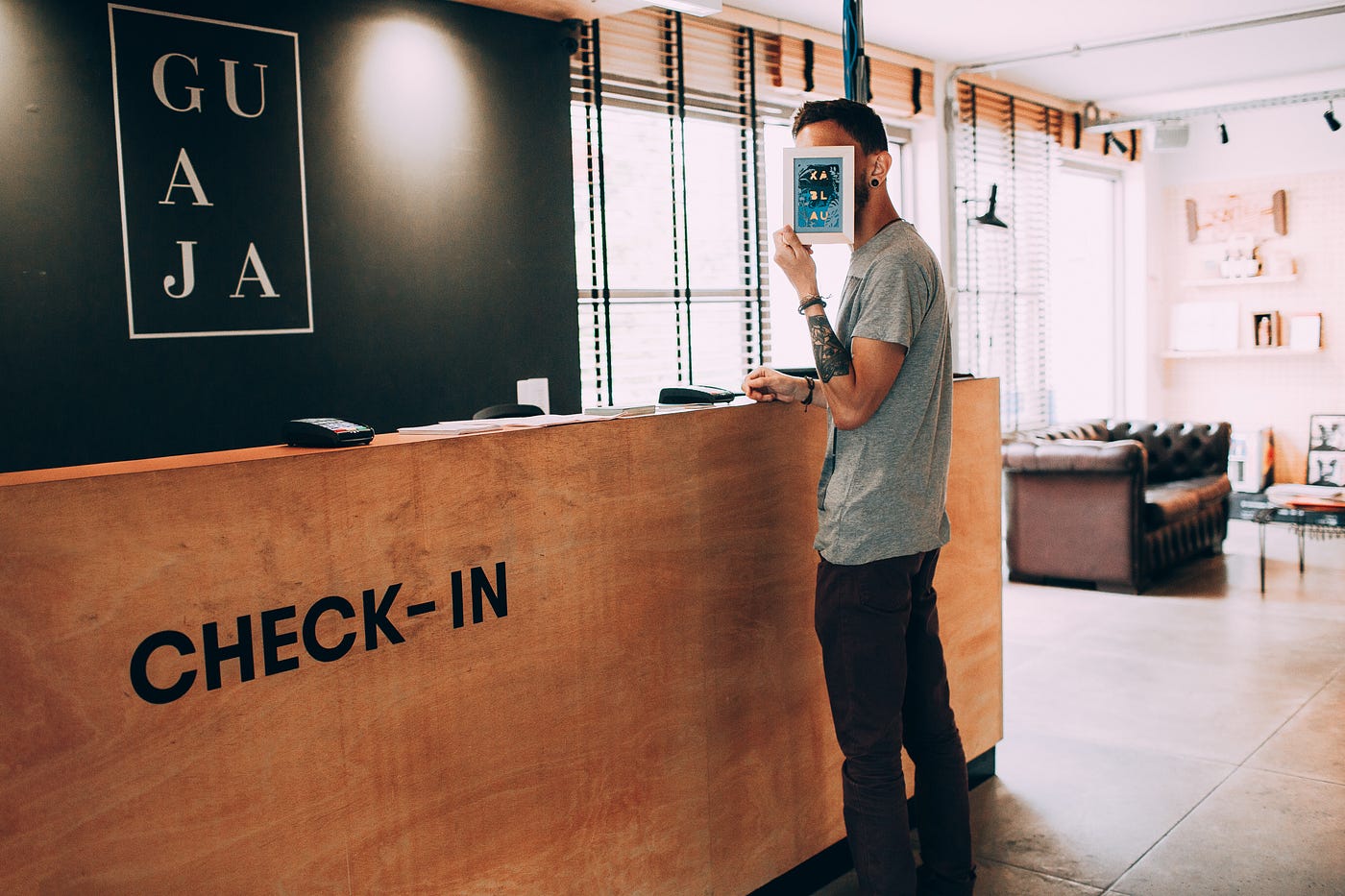The first interaction guests have with a hotel is often through the Hotel Reception Desk, and its impact on the guest experience is immeasurable. Whether you’re checking in for a short stay or a long business trip, the reception area sets the tone for your entire visit. A friendly, well-organized reception desk creates a welcoming atmosphere, while a disorganized and unprofessional setup can sour the experience. This guide explores the various critical functions of the reception desk, how it contributes to the overall guest experience, and the importance of technology in modern hotel operations.
A Hotel Reception Desk isn’t just a place to check in or check out—it’s an essential hub where guests can get information, resolve issues, and receive personalized service. With so many key responsibilities in one location, the reception desk forms the backbone of hotel management. Efficient reception services are essential in creating memorable stays for guests and ensuring hotel operations run smoothly.
The Significance of the Reception Desk in Hotel Operations
When you think of a hotel, the reception desk is likely the first image that comes to mind. It’s where guests are first greeted, where they get their room keys, and where they can seek assistance. The reception desk functions as the face of the hotel, managing the most basic yet crucial aspects of hospitality: guest check-in and check-out, reservations, special requests, and concerns.
Effective reception management is essential for hotels to succeed. Guests expect fast and efficient check-ins, timely responses to inquiries, and a welcoming atmosphere that makes them feel at ease. Beyond these immediate tasks, the reception desk helps cultivate a lasting impression, with the potential to impact customer loyalty and satisfaction.
Key Responsibilities of Hotel Receptionists
Receptionists are often responsible for multiple tasks that extend beyond greeting guests. At the heart of their duties lies the management of check-in and check-out procedures. This may involve verifying identification, handling payments, and explaining hotel amenities. These straightforward tasks may seem simple, but they set the stage for a smooth stay.
For many hotels, reception desks also handle reservations, ensuring rooms are available for guests and adjusting bookings when needed. Effective communication between receptionists and guests is essential here, particularly in managing guest expectations for room availability or special accommodations.
The Role of Technology in Streamlining Reception Services
Technology has revolutionized how hotel reception desks operate. Modern systems allow for better guest management, more accurate billing, and streamlined operations. Property management systems (PMS) are now indispensable in helping staff manage room assignments, bookings, and guest data in real-time.
Self-check-in kiosks have become a growing trend in many hotels. These kiosks offer guests the opportunity to check in independently, bypassing the traditional desk interaction for a quicker, more efficient experience. This not only saves time for guests but allows hotel staff to focus on more complex tasks.
Digital concierge services are another technological innovation. These allow guests to request services such as booking tours, ordering room service, or even setting up wake-up calls through an app or an in-room device. These innovations enhance the guest experience while reducing the workload on reception staff.
Why Customer Service is Critical at the Reception Desk
Customer service excellence at the reception desk is key to ensuring positive guest experiences. Receptionists are often the first point of contact for guests and are tasked with managing multiple situations simultaneously. Whether it’s answering questions, dealing with complaints, or offering personalized suggestions, the role of the receptionist is both dynamic and essential.
Receptionists should possess excellent problem-solving skills. Whether handling a booking error or addressing an issue with a room, resolving problems quickly and effectively is paramount. A proactive and friendly receptionist can turn a potentially negative situation into a positive one, making guests feel valued and heard.
Security Considerations at the Reception Desk
In addition to the administrative and guest service functions, the reception desk is a critical element of hotel security. The desk is where staff verify guest identities and monitor access to hotel rooms and amenities. Receptionists may also be tasked with maintaining security surveillance and acting as the primary point of contact in emergency situations. This dual role of customer service and security ensures that the guest’s experience remains both enjoyable and safe.
The Future of the Reception Desk: Blending Technology with Personal Service
While technological advancements will continue to shape the future of hotel reception services, the human touch will remain vital in delivering personalized experiences. As automation, AI, and robotics become more prevalent, hotels will likely implement systems that automate routine tasks such as guest check-ins. However, there will always be a demand for human receptionists to handle complex requests and offer a personalized, welcoming atmosphere.
The reception desk of tomorrow will likely combine the efficiency of AI with the empathy and creativity of human staff, creating an optimal balance between technology and traditional hospitality.
Conclusion
The hotel reception desk remains a central hub of activity within any hotel, essential for ensuring smooth operations and a positive guest experience. Whether it’s checking guests in and out, handling requests, or offering expert local knowledge, the reception desk is crucial to the success of the hospitality industry. As technology continues to evolve, it will further enhance the efficiency and effectiveness of hotel reception areas, but the human element will always be key to delivering exceptional service.



